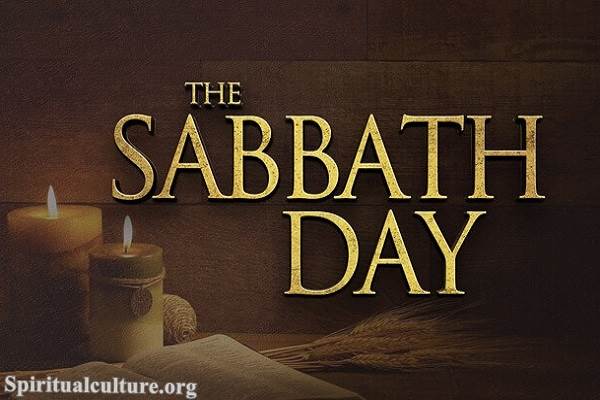Christian holidays play a pivotal role in the liturgical calendar, marking significant events in the life of Jesus Christ and honoring various saints and aspects of the Christian faith.
These holidays are celebrated worldwide with a variety of customs, traditions, and religious observances. This article will explore the most important Christian holidays, their significance, and how they are celebrated.
Major Christian Holidays
Christmas (December 25)
Christmas is one of the most widely celebrated Christian holidays, commemorating the birth of Jesus Christ. It is a time for joy, giving, and family gatherings. Christians around the world observe this holiday with church services, nativity plays, and the exchange of gifts. Many also decorate their homes with Christmas trees, lights, and ornaments. The festive season often begins with Advent, a period of preparation that starts four Sundays before Christmas.
Easter
Easter is the most important Christian holiday, celebrating the resurrection of Jesus Christ from the dead. The date of Easter varies each year but always falls on a Sunday. Easter Sunday is the culmination of Holy Week, which includes:
- Palm Sunday: Celebrates Jesus’ triumphant entry into Jerusalem.
- Maundy Thursday: Commemorates the Last Supper of Jesus with his disciples.
- Good Friday: Observes the crucifixion and death of Jesus.
- Holy Saturday: Marks the time Jesus spent in the tomb.
Easter is celebrated with church services, joyful hymns, and often a festive meal with family and friends. Traditions such as Easter egg hunts and the Easter bunny are popular, especially among children.
Pentecost
Pentecost is celebrated 50 days after Easter and commemorates the descent of the Holy Spirit upon the apostles, marking the “birthday” of the Christian Church. This holiday is observed with special church services and the reading of the story of Pentecost from the Acts of the Apostles. In many churches, the color red, symbolizing the flames of the Holy Spirit, is used in decorations and vestments.
Other Significant Christian Holidays
Epiphany (January 6)
Epiphany, also known as Three Kings’ Day, celebrates the visit of the Magi (Three Wise Men) to the infant Jesus. It marks the revelation of Christ to the Gentiles and is observed with church services, processions, and the blessing of homes. In some cultures, this holiday includes the tradition of the “King’s Cake.”
Lent
Lent is a 40-day period of fasting, repentance, and preparation for Easter. It begins on Ash Wednesday, a day when Christians receive ashes on their foreheads as a sign of mortality and repentance. Lent includes significant days such as Palm Sunday, Maundy Thursday, Good Friday, and Holy Saturday. Many Christians give up certain luxuries or perform acts of charity during Lent as a form of penance.
Ascension Day
Ascension Day is observed 40 days after Easter and commemorates Jesus’ ascension into heaven. It is celebrated with church services, prayer, and reflection on the significance of Jesus’ ascension for the Christian faith.
All Saints’ Day (November 1)
All Saints’ Day honors all saints, known and unknown, who have attained heaven. It is a day to remember and celebrate the lives of the saints and their contributions to the Christian faith. In many countries, it is a public holiday, and people visit cemeteries to honor their deceased loved ones. All Saints’ Day is often followed by All Souls’ Day (November 2), which specifically commemorates the faithful departed.
Regional and Denominational Variations
Different Christian denominations and cultures may celebrate these holidays differently. For example:
- Orthodox Christians: Celebrate Christmas on January 7 due to the use of the Julian calendar. They also observe unique holidays like Pascha (Orthodox Easter) and Theophany, which is similar to Epiphany.
- Catholic Christians: Observe a variety of saints’ feast days throughout the year, including the Feast of the Immaculate Conception (December 8) and the Feast of the Assumption (August 15).
- Protestant Christians: Typically focus more on Christmas and Easter, with less emphasis on saints’ feast days. However, they may also observe Reformation Day on October 31, celebrating the Protestant Reformation.
Conclusion
Christian holidays are an integral part of the faith, providing opportunities for worship, reflection, and community. They commemorate the foundational events of Christianity, from the birth and resurrection of Jesus Christ to the descent of the Holy Spirit and the honoring of saints. Whether through solemn observances or joyful celebrations, these holidays unite Christians worldwide in their shared beliefs and traditions.
By understanding and participating in these Christian holidays, believers can deepen their faith and connect with the rich history and traditions of Christianity.


